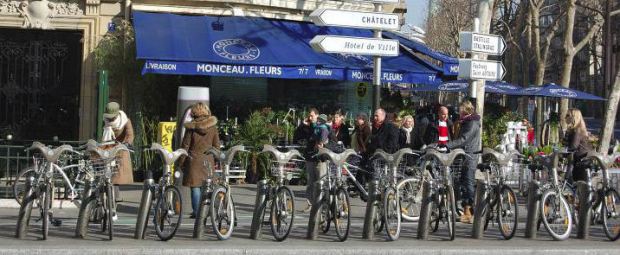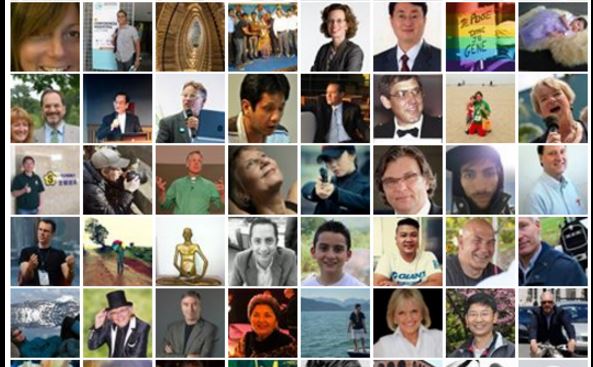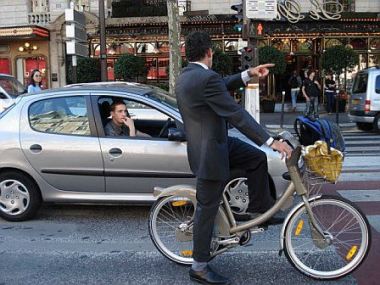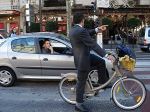 World Streets is proposing to support the nomination of the prolific Dutch environmentalist, industrial designer, provocateur Ludd Schimmelpennink for a major international environmental award for his life-time contributions to sustainable development, sustainable cities and sustainable lives. (Our timetable for this submittal gives us one week from today, 10 November, to finalise the nomination.)
World Streets is proposing to support the nomination of the prolific Dutch environmentalist, industrial designer, provocateur Ludd Schimmelpennink for a major international environmental award for his life-time contributions to sustainable development, sustainable cities and sustainable lives. (Our timetable for this submittal gives us one week from today, 10 November, to finalise the nomination.)
We invite the readers of World Streets to have a look and, if you will, get back to us with your suggestions to (a) edit, expand and improve the nomination whose draft follows. And once you have had a look and thought about it, you are invited to join us in supporting this unusual nomination. If so, it would be great to have your name, position and organisation( if any), city and country. And should you wish to add some brief remarks (less than 50 words max.), please do and our earnest editor will do his best.









 Why do we bother to do this year after year? After all, there is copious documentation and background available at a click, as a quick tour of Google of those three little words yields somewhat more than 55,000 entries, including a fair if distinctly uneven introduction in the Wikipedia article
Why do we bother to do this year after year? After all, there is copious documentation and background available at a click, as a quick tour of Google of those three little words yields somewhat more than 55,000 entries, including a fair if distinctly uneven introduction in the Wikipedia article 





 PARIS (Reuters) – France has started a six-month experiment with paying people to cycle to work, joining other European governments in trying to boost bicycle use to boost people’s health, reduce air pollution and cut fossil fuel consumption.
PARIS (Reuters) – France has started a six-month experiment with paying people to cycle to work, joining other European governments in trying to boost bicycle use to boost people’s health, reduce air pollution and cut fossil fuel consumption.